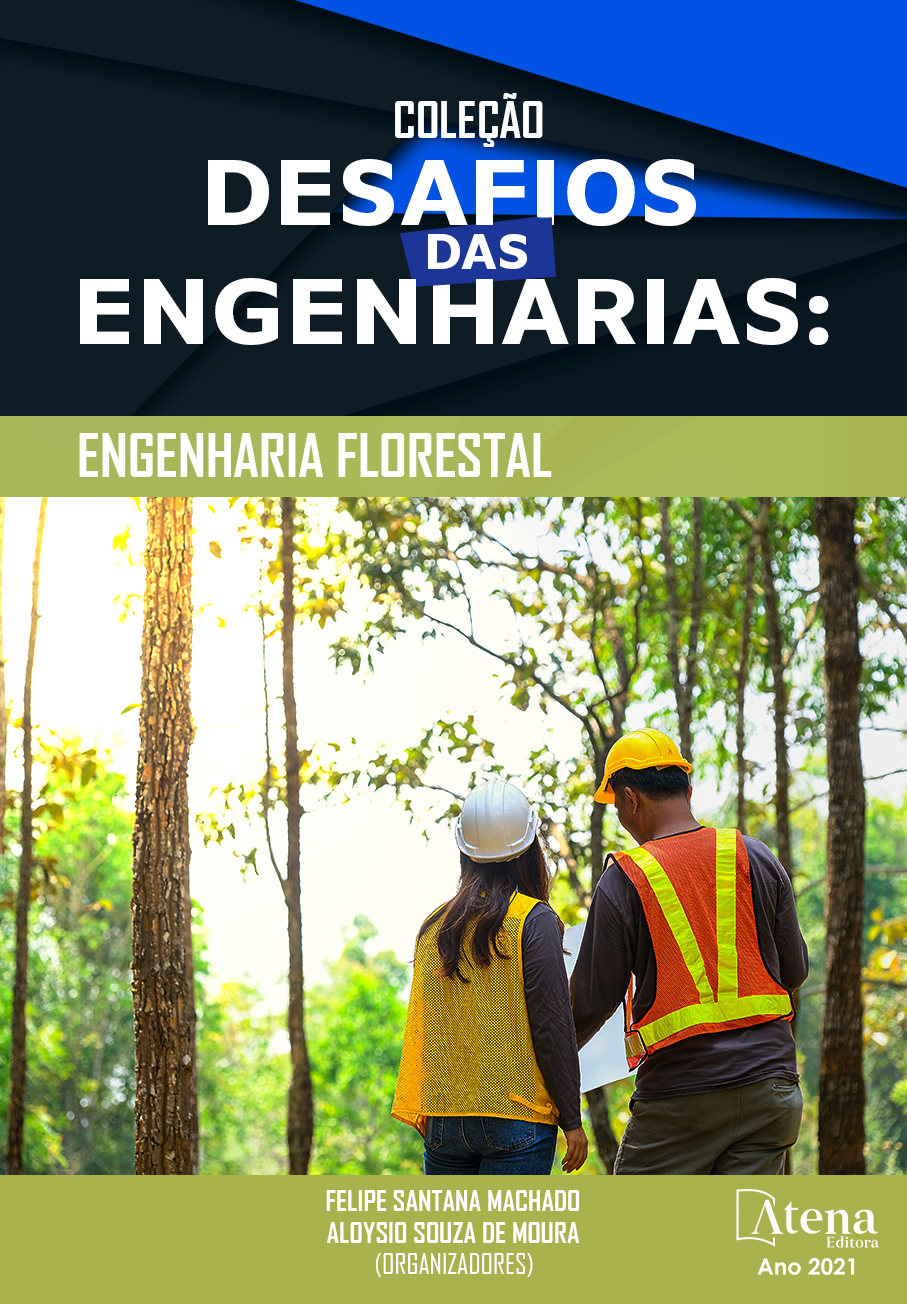
A resistência das comunidades em torno dos baldios. Um bem comunitário disputado por privados, municípios e Estado
Os baldios, constituindo uma base complementar do torrão familiar, mas imprescindível, de sobrevivência das economias camponesas, particularmente nas zonas do interior, tornaram-se igualmente, ao longo dos tempos, uma questão fraturante e razão de disputas, não só internas em torno da sua apropriação por privados, como de conflitos com o Estado e os municípios ciosos pela posse das terras comunais dos povos que foram resistindo de várias formas. Este texto procurará, primeiramente, ainda que de modo diferenciado mas sintético, dar conta desta questão que atravessou vários regimes, com ênfase no liberalismo, passando pela I República, até ao Estado Novo, durante o qual se despoletaram algumas situações críticas bem ilustradas no romance de Aquilino Ribeiro “Quando os lobos uivam”.
Posteriormente, dar-se-á conta de diversas vicissitudes do problema desde o 25 de Abril de 1974, quer nos confrontos no terreno entre os diversos atores sociais e políticos no seio das comunidades sobre o acesso, a posse e fruição dos baldios, quer nas formas de gestão destes e relações dos compartes com os municípios e sobretudo o Estado central. Não obstante a consagração constitucional dos baldios como propriedade das comunidades locais, nomeadamente dos seus compartes (cf. art 82 da CRP), na prática tem-se assistido a tentativas de ‘assalto’ a esses direitos comunitários por parte de privados, municípios e Estado.
Finalmente, será focalizada a análise na legislação mais recentemente produzida na Assembleia da República por iniciativa do BE e do PCP e a colaboração do PS, seus antecedentes e impactos socio-económicos e políticos, assim como o seu contributo não só para a sobrevivência das unidades familiares e das respetivas comunidades, como do seu papel no desenvolvimento rural e no reforço da biodiversidade na fauna e flora e, em última instância, a sustentabilidade de ecossistemas rurais, nomeadamente agrícolas e florestais.
A resistência das comunidades em torno dos baldios. Um bem comunitário disputado por privados, municípios e Estado
-
DOI: 10.22533/at.ed.7132114104
-
Palavras-chave: Engenharias; florestas; sustentabilidade
-
Keywords: Baldios, comunidades rurais, economia camponesa, Portugal
-
Abstract:
Common lands are a complementary basis of family owned land, essential for the survival of rural economies, particularly in the inner regions of the country (Portugal). Over time, it has become a subject of discord and has given rise to disputes, not only internally around the private appropriation of communal lands, but also with the Government and municipalities eager to take possession of communal lands that belong to the people that have resisted in various ways. Primarily, this paper will seek, in a synthetic manner, to approach the issue, which has spanned through several regimes, as well as through the ages, giving emphasis on the liberal period, encompassing the First Republic up to the New State dictatorial regime, during which some critical situations arose that have been rather well illustrated in Aquilino Ribeiro’s novel. Later on, several of the difficulties originated by this problem since the revolution of April 25th 1974 will be presented. These translated into conflicts between social and political players in the centre of the communities about access, ownership and fruition of common lands, as well as in ways of managing the latter, and in the established rapport between commoners and municipalities but mostly with the central Government. Despite the constitutional acknowledgement of common lands as being property of local communities, namely its commoners (as in article 82 of the Constitution of the Portuguese Republic), there are records of private entities, municipalities and the Government attempting to ‘rob’ the people of those communal rights. Lastly, an analysis will be performed focusing on the most recent legislation established in the Assembly of the Portuguese Republic. This legislation was an initiative of the BE and PCP political parties, with the collaboration of PS. Its background and social-economic and political impact as well as its contribution to the survival of family units and respective communities will be presented. Furthermore, its role in rural development and in the reinforcement of the biodiversity of fauna and flora and, ultimately, in the sustainability of rural ecosystems, namely agricultural and forestry ones will be demonstrated.
-
Número de páginas: 23
- Goretti Barros
- Carlos Matias
- António Cardoso


